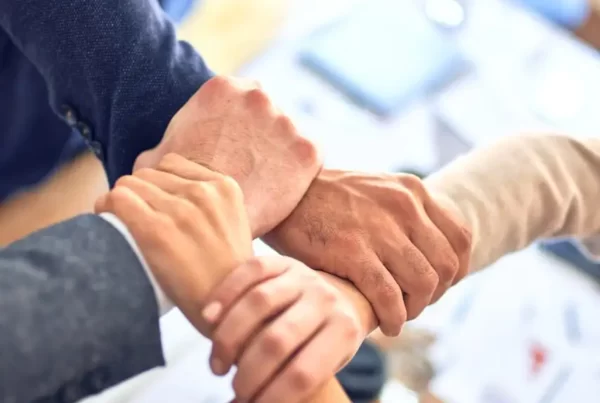”As creatives we’re all too familiar with the dreaded creative block. You’re there, sitting at your computer, hoping that a miraculous jolt of inspiration will hit you and you can finally get back into the groove.
LEILANI BALESOCIAL MEDIA, DESIGN & CONTENT MANAGER
As creatives we’re all too familiar with the dreaded creative block. You’re there, sitting at your computer, hoping that a miraculous jolt of inspiration will hit you and you can finally get back into the groove. Taking a stroll, switching up your surroundings, or pausing to enjoy a podcast are a handful of tricks that can make a real difference.
Despite the hassle and stress of creative blocks, they typically don’t last long. Even though it might feel like an eternity, you’ll be rekindling your creativity in no time! But what happens when you begin to struggle with basic tasks, constant exhaustion and even dreading your work? You might be suffering from creative burnout.
Signs of creative burnout can include:
- Physical and mental fatigue
- Procrastination
- Isolation
Harmful or unhealthy habits - Inexplicable stress
- Negative self talk or self doubt
- Loss of motivation
- Irritability
If you’re experiencing these signs, or even just one, it might not just be your run-of-the-mill creative block. Some of these signals overlap with mental health issues like depression, anxiety disorders, or even sleep problems. When in doubt, talking to a health professional is always the way to go. Bouncing back from creative burnout can be challenging, but it’s certainly possible with the right strategies and mindset.
Here are some steps to help you recover:
Take a break: Give yourself permission to take a break from creative work. Take a few days off, or book a “staycation” to recharge.
Physical self-care: Focus on your physical health. Eat nutritious meals, exercise regularly, and get enough sleep. Physical well-being can have a significant impact on creativity.
Be kind to your mind: Practice mindfulness, meditation, or relaxation techniques to reduce stress and clear your mind.
Set goals: Avoid overwhelming yourself with large creative projects. Break them down into smaller, manageable tasks and set achievable goals.
Rediscover inspiration: Seek out new sources of inspiration. Explore different art forms, travel, read books, listen to podcasts or engage in activities that spark your creativity.
Limit perfectionism: Accept that not everything you create needs to be perfect. Allow yourself to make mistakes and learn from them.
Re-evaluate priorities: Reflect on your creative goals and aspirations. Are they still aligned with your values and interests? Adjust them if needed.
Reach out: Talk to friends, family, or a therapist about your feelings and experiences. Taking some time to hang out with your loved ones and engage in a fun activity is a great way to boost those endorphins.
Set boundaries: Establish clear boundaries for your work, personal life, and downtime. Avoid overcommitting and prioritise self-care.
Track progress: Keep a journal or use creative tracking tools to monitor your progress. Always celebrate your achievements, big or small.
Remember that recovery from creative burnout is a gradual process, and everyone’s journey is unique. Be patient with yourself and focus on finding joy in your creative journey again. It’s perfectly normal to experience periods of burnout in a creative career, but with the right strategies, you can bounce back stronger and more inspired than ever!




